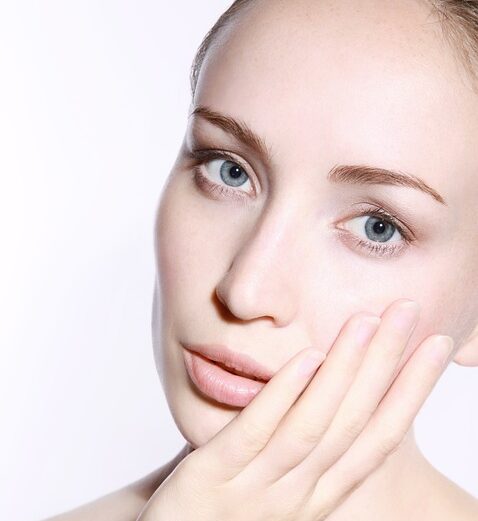Table of Contents
Understanding Your Skin Type: The Key to Unlocking a Healthier You
Your skin is more than just a physical barrier that protects your body from external factors. It’s a window into your overall health, reflecting your lifestyle, genetics, and environmental factors. In this article, we’ll dive into the world of skin types, exploring what they can reveal about your health and lifestyle, and providing you with valuable insights to help you take control of your skin.
Skin Types 101: A Quick Guide
Before we delve into the deeper implications of skin type, let’s start with the basics. There are generally four main skin types: normal, dry, oily, and combination. These categories are based on the amount of sebum (oil) produced by your skin, as well as its natural pH level. Here’s a brief breakdown of each type:
- Normal Skin: Balances both oil and moisture levels, with a natural glow.
- Dry Skin: Lacks moisture, feeling tight and flaky, often appearing dull and ashy.
- Oily Skin: Produces excess sebum, appearing shiny and greasy, often with large pores.
- Combination Skin: A mix of oily and dry skin, typically appearing oily in the T-zone (forehead, nose, and chin) and dry elsewhere.
What Your Skin Type Can Tell You About Your Health
Your skin type can provide valuable clues about your overall health. For example:
- Genetic Predispositions: Skin type can be influenced by your genetic makeup, making it a potential indicator of underlying health issues, such as autoimmune disorders or hormonal imbalances.
- Hormonal Fluctuations: Skin type changes can be a sign of hormonal shifts, such as those experienced during puberty, menopause, or pregnancy.
- Digestive Health: Skin issues can be linked to digestive problems, including inflammation, malabsorption, or poor gut bacteria balance.
Lifestyle Factors Affecting Your Skin Type
Many lifestyle factors can impact your skin type, including:
- Environmental Factors: Exposure to pollution, UV radiation, and extreme temperatures can all contribute to skin type changes.
- Diet and Nutrition: A diet lacking essential nutrients, such as omega-3 fatty acids, vitamin C, or antioxidants, can lead to skin issues.
- Stress and Mental Health: High stress levels, anxiety, or depression can cause skin problems, including acne, rosacea, or eczema.
Conclusion: Taking Control of Your Skin Type
Understanding your skin type is just the beginning. By recognizing the factors that contribute to your skin type, you can take proactive steps to improve your overall health and wellbeing. From adopting a balanced diet to incorporating stress-reducing practices, you can work to create a healthy, thriving skin environment. By making informed choices, you’ll be better equipped to navigate the complexities of your skin type and achieve the glowing, healthy complexion you desire.




